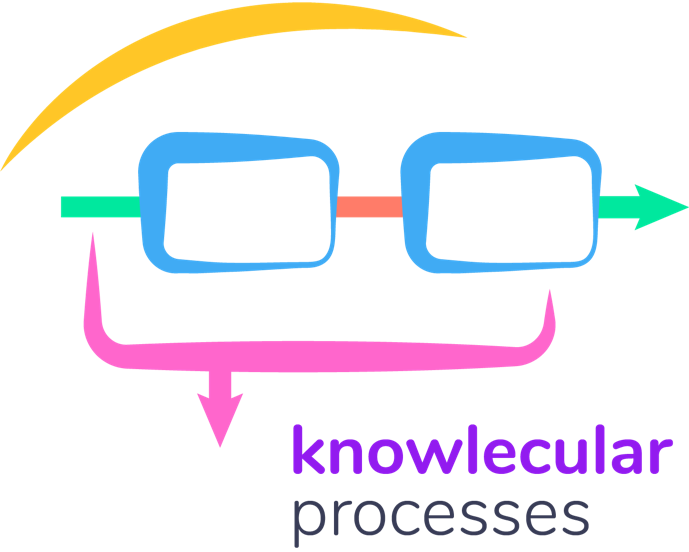Probabilistic marathon finishes.
Probabilistic marathon finishes.
Darrell Velegol, PhD
2023nov15
Not everyone who starts a marathon finishes. The key is in the training. Those who complete 80 miles per week training, have a high probability of finishing, and I might say it as “They have completed 0.999 marathons” before race day. Those who train 30 miles per week have perhaps “completed 0.40 to 0.50 marathons”. In other words, by the law of averages, you “complete the race before you start it”, with some probability. “Probabilistic marathon finishes”. Of course, in your third week of training, you might recognize that your miles are too few, and seek how best to increase them -- learning and adapting. Not surprisingly, those races that require a minimum qualifying time from another marathon have higher completion rates (e.g., the NYC marathon had a 98.9% completion rate). It’s hard to reach the qualifying time without significant training, so they are selecting those who have trained.
Are you measuring your progress in innovation with probabilistic thinking? If you’re waiting for market launches before assessing success, you’re gambling on your future! You could be learning and adapting and succeeding with a much higher certainty and frequency!
